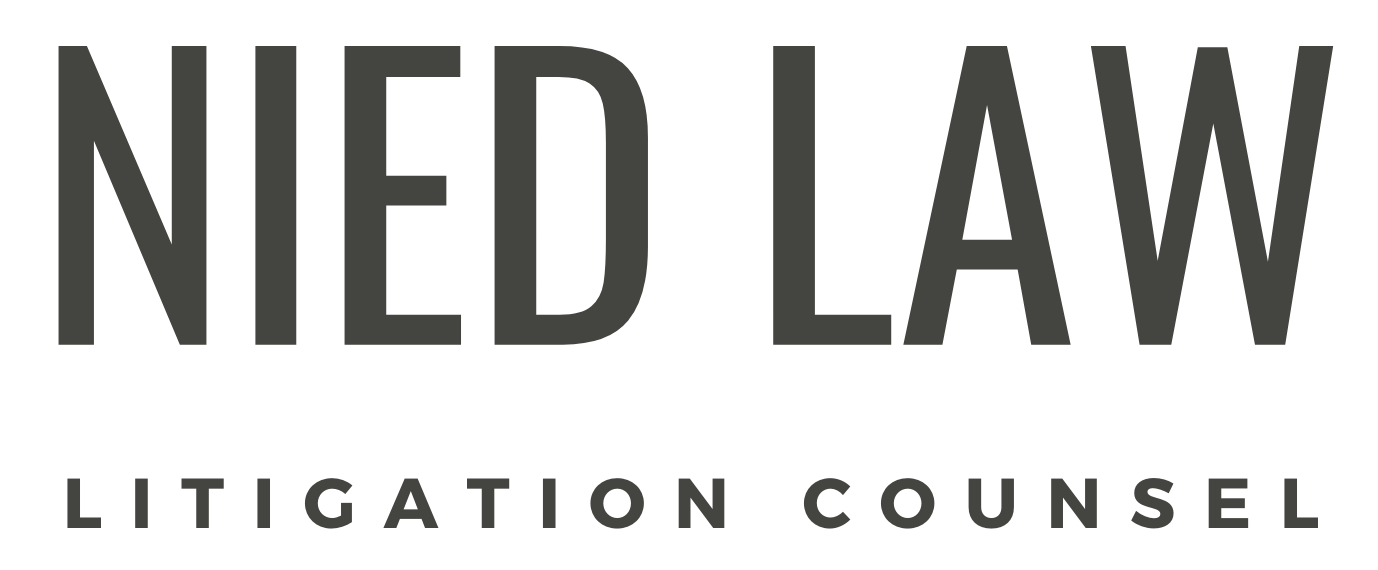A recent case illustrates that American jurisprudence is increasingly coalescing around a uniform approach to determine whether a plaintiff may compel the disclosure of an anonymous defendant’s identity in internet defamation cases. As discussed below, the Canadian experience has been different.
In Swartz v. Does (“Swartz”) (see: judgement) a Tennessee state court held that plaintiffs were entitled to discover the identity of an anonymous blogger that published allegedly defamatory statements about them. The case arose when the plaintiffs subpoenaed Google, the parent company of the blogging service used by the anonymous defendants (see: news article).
The decision is notable for Justice Brothers’ survey of the various standards previously applied by American courts and his ultimate application of the standard most protective of internet anonymity. This standard, established in Dendrite International, Inc. v. John Doe No. 3, 775 A.2d 756 (N.J. App. Div. 2001) (the “Dendrite Standard”) and commonly but perhaps misleadingly known as the “prima facie standard”, requires a plaintiff to meet several requirements. One of these requires the plaintiff to make a “substantial legal and factual showing” that the defamation claim has merit before a court will compel the disclosure of an anonymous defendant’s identity.
Justice Brothers considered this requirement of the Dendrite Standard and concluded that the plaintiffs had made a substantial legal and factual showing on each of the three elements of a defamation claim under Tennessee law. Interestingly, Justice Brothers proceeded to offer guidance for future litigants by providing a detailed description of how the plaintiffs met the requirement, which does not appear to be onerous:
Plaintiffs submitted and displayed several copies of the blog posts in question, and testified that the statements were publicly available for several months. Plaintiffs testified that the [allegedly defamatory allegations] are all false. Plaintiffs also testified that they experienced actual damages from the allegedly defamatory statements, including loss of business, harm to their reputations, emotional distress, and the costs of having to hire a security expert inspect their home [sic].
Swartz is yet another American case that has followed the increasingly prevalent Dendrite standard. Unfortunately, Canadian jurisprudence has yet to begin coalescing to the same extent. The scarce Canadian law on this issue, most of which comes from Ontario, indicates that plaintiffs have two ways to compel online service providers to reveal the identities of anonymous defendants:
- by seeking pre-action discovery by way of an equitable bill of discovery known as a Norwich Order; or
- by seeking pre-action discovery or production from the online service provider by bringing a motion under the applicable rules of civil procedure.
The requirements of each approach vary substantially. While the Norwich Order approach requires plaintiffs to establish only a bona fide case of defamation (see York University v. Bell Canada Enterprises, [2009] O.J. No. 3689 (S.C.J.) and BMG Canada Inc. v. John Doe, [2004] 3 F.C.R. 241 (C.A.)), the alternate approach has generated different requirements depending on the rules of civil procedure under which the plaintiff brought their motion. In an early case, the court required the plaintiff to establish a prima facie case of defamation similar to that required under the Dendrite standard (Irwin Toy Ltd. v. Joe Doe, 2000] O.J. No. 3318 (S.C.J.)). Yet, in a more recent and controversial case, the court held that the plaintiff had no obligation to establish a prima facie or even bona fide case because disclosure was automatic upon the issuance of a statement of claim (Warman v. Wilkins-Fournier, [2009] O.J. No. 1305 (S.C.J.)). Although these cases are distinguishable on the basis of differences in the applicable rules of civil procedure, more uniformity is needed to ensure that courts consistently strike an appropriate balance between privacy and reputational interests.
Also posted on Law is Cool and PogoWasRight.

Pingback: Protecting internet anonymity: the case for providing notice to anonymous defendants in defamation cases « Defamation Law Blog
Pingback: Warman v. Wilkins-Fournier: Balancing Disclosure, Privacy, and Freedom of Expression Interests in Internet Defamation Cases « Defamation Law Blog